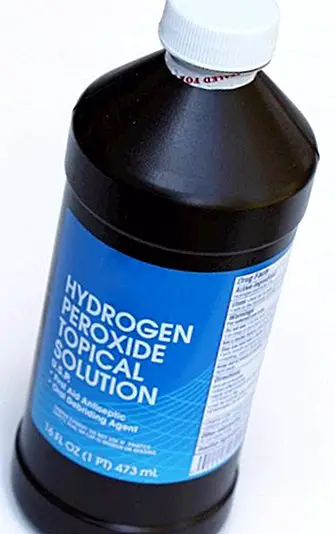Why you should not drink milk without lactose if you do not have intolerance
Surely you will know that, nowadays, the number of people who are lactose intolerant. And what does it mean that one has lactose intolerance? Very easy.
The lactose, which is the sugar in milk, is broken down into two more simple sugars (glucose and galactose) when we consume it, thanks to the action of an enzyme known by the name of lactase. It is a process that takes place in the small intestine, where it is precisely possible that glucose can finally be absorbed into the bloodstream. 
However, when there is a lactase deficit, the lactose passes without decomposing to the large intestine, where it begins to ferment. It is at this time when the typical symptoms of lactose intolerance arise: gas, acidity, abdominal swelling, upset stomach ... even diarrhea and vomiting may arise.
This makes those who suffer from lactose intolerance, and indeed have been diagnosed with it by a medical specialist, seek options and alternatives to milk of animal origin.
This is how the milk without lactose, a drink to which small amounts of lactase are added in the milk so that, in this way, it is easier for the lactose to decompose into glucose and galactose. That is, we could define lactose-free milk as a drink that reproduces what happens in our small intestine and we have no difficulty in digesting lactose.
Why it is wrong to drink milk without lactose if you are not lactose intolerant
Several commercial brands, in an interested and very intelligent way, have been offering different advertising campaigns in which they defend that milk without lactose is more digestive than normal milk. Fruit of it, Many people choose to drink this type of milk even when they do not suffer from lactose intolerance, nor any added problems.
Did you know that it is a complete error? While it is true that, indeed, it is a drink that can be digested better this does not mean it is more digestive. Mainly because it costs our body less to digest it (since the lactase enzyme does not have to break down lactose), when we get used to consuming lactose-free milk there are small temporary lactose intolerances. 
Why? Fundamentally because our organism tends to "relax", so that once we stop consuming it, we must again get used to digesting this milk sugar again.
Put another way, and as they defend directly from Dimetilsulfuro: "If we are not intolerant to lactose, we have no reason to consume this type of product, and even less so at committed ages (childhood and adolescence)". Fundamentally for something very simple: milk without lactose is neither more digestive nor more healthy, and could lead to certain problems in the long run, especially if this consumption is done by young children.
The risk of giving milk without lactose to children
Taking us by the advertising claim-erroneous that "lactose-free milk is more digestive and light," many moms and dads choose to give this type of milk to their children, even when they do not suffer any kind of intolerance. 
As many pediatricians and nutritionists already warn, it is a complete error, because If a child stops taking lactose, his body could start producing less and less lactase, to the point that when you return to drinking a glass of normal milk your levels have been reduced so much that you begin to experience the typical symptoms of this intolerance.
However, as indicated above, it is a kind of temporary intolerance, whose symptoms will remain until the production of lactase is gradually increased. This article is published for informational purposes only. You can not and should not replace the consultation with a Nutritionist. We advise you to consult your trusted Nutritionist. ThemesFood Intolerances Milk



